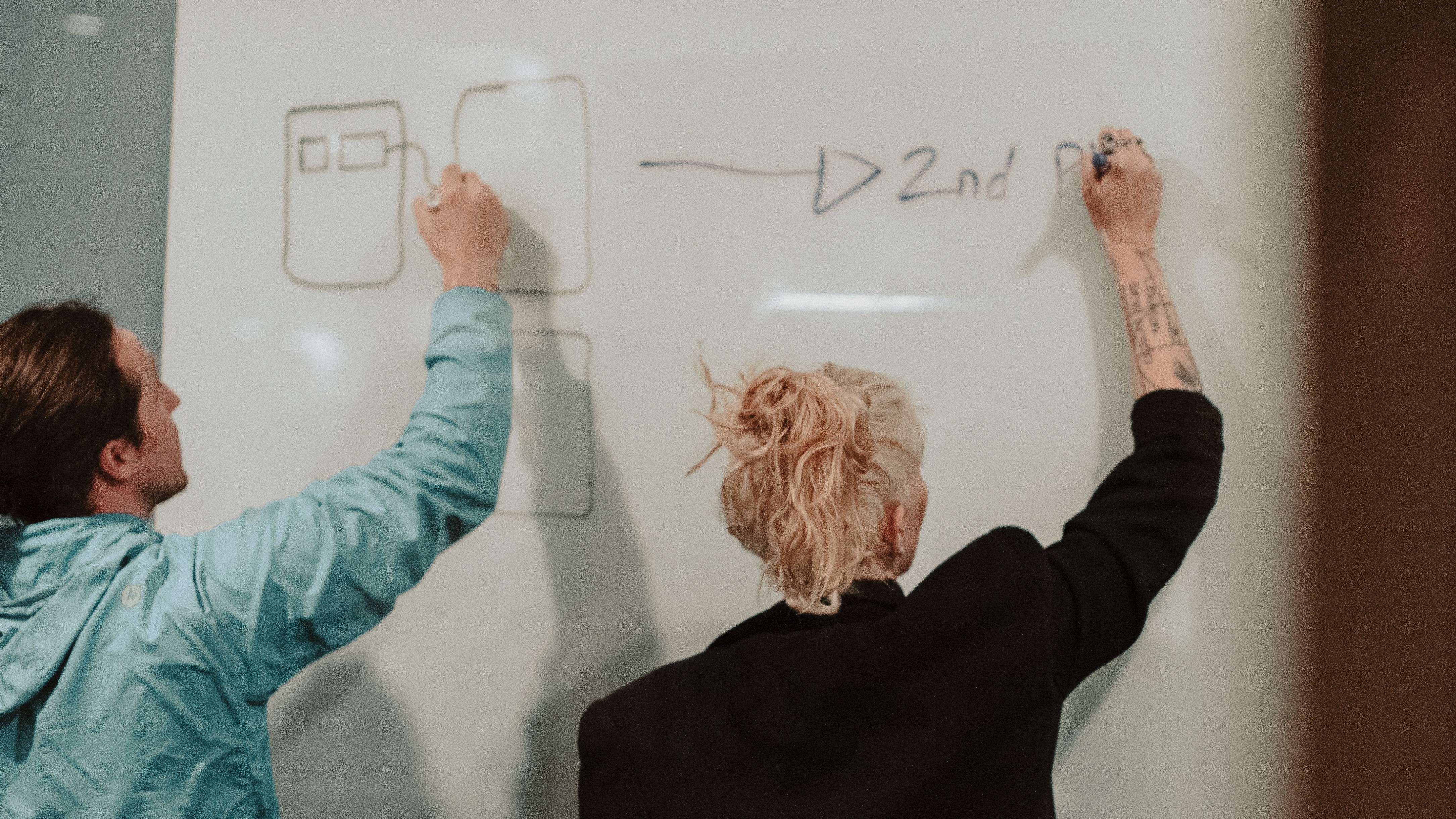PETER FUDA: So, perhaps the two most important lessons that I've kind of discovered on this 25-year obsession in leadership and business transformation is the first is leaders – most of our problems are self-inflicted, roughly two-thirds. So, it's not digital disruption, it's not our competition, it's not head office. It's leadership which is a little too aggressive which creates passive followership. Or it's a strategy with two many priorities that means we're like a puppy in a park chasing every ball around in a circle. Or its performance systems that encourage our people to compete with one another rather than collaborate in pursuit of our goals. And so the very first thing for leaders is to take responsibility, to raise their standards and expectations of themselves even before they raise their standards and expectations of others.
There's a very, very human reason why this is actually very, very difficult. Because, in fact, most leaders have a lower standard, a lower expectation and a lower benchmark for themselves than they do for others. A few years ago I was doing a talk to 500-odd senior leaders from Fortune 500 companies and the talk was on the value of values. And I took just one value, the value of integrity. And I define integrity for the audience as you do what you say you will. So I asked the audience by a show of hands judging by that definition how many of you would consider yourself to be leaders of high integrity? Not surprisingly, there were 500 hands in the air at the end of that question. I asked them to put their hands down and close their eyes and asked a more interesting question which is how many of you would agree that your colleagues share your same high level of integrity? Of course not so many hands went up this time, only 30 percent.
The conclusion that they came to which is the one I was hoping they would come to is we judge ourself by our intentions. We judge everybody else by their actions. I'll say that again. We judge ourselves by our noble intentions. We judge everybody else by their actions. In effect, we have a lower standard, a lower benchmark, a lower expectation for ourselves than we do for others. There's a term for this in social psychology. It's called illusory superiority. That's why 93 percent of us believe we're above-average drivers. And so there's a very, very human challenge for leaders in that they are judging themselves by what their noble intentions are whilst they're holding everybody else to a much higher standard. So that's the first thing that leaders need to be aware of. They need to take responsibility, raise their standards and expectations of themselves.
On the other hand, however, we all do the best we can with what we know. If you like, we are perfect in our imperfections. And so when we fall short of those imperfections, the other thing we need to do is have some compassion and some empathy for ourselves and some compassion and connection for others.
And when we can do both of those things at the same time – take responsibility, raise our standards but also strive for very high levels of compassion and connection for ourselves first and then for others – then we have a pathway to a more sustainable form of leadership. We have a pathway to a more sustainable form of performance and we have the ability to unlock both value in our organizations and vitality in our people which is the aspiration for any leader.





